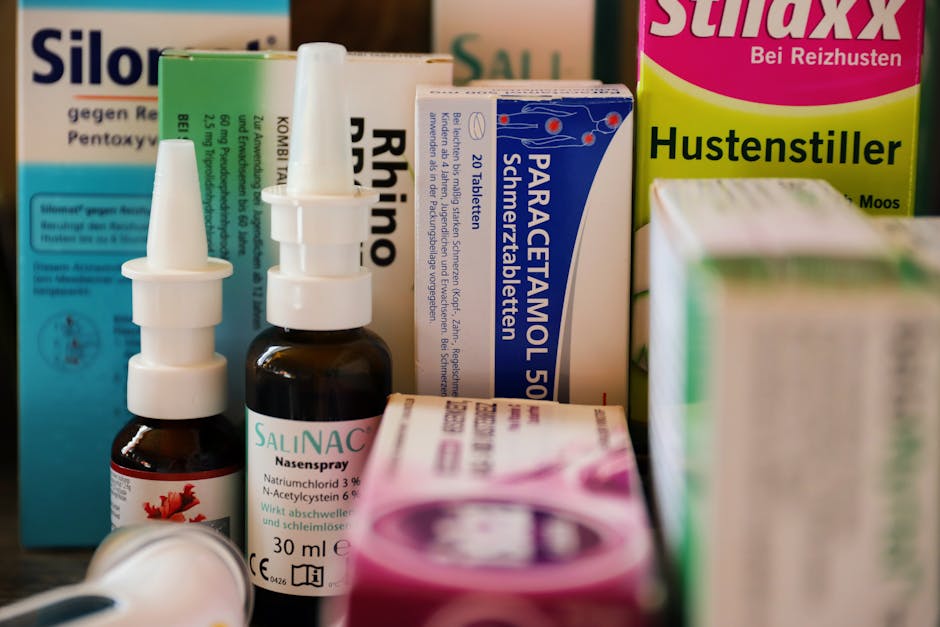In a concerning development, multiple Indian states have recently banned the sale and distribution of Coldrif, a popular cough syrup, citing serious health risks and regulatory violations. The move has sparked widespread debate, leaving consumers and healthcare professionals questioning the safety of over-the-counter medications. Here’s a detailed look at the controversy surrounding Coldrif and why states are taking such drastic measures.
The Coldrif Controversy: What Happened?
Coldrif, a widely used cough syrup manufactured by a mid-sized pharmaceutical company, came under scrutiny after reports of adverse health effects surfaced. Patients consuming the syrup reported symptoms ranging from severe dizziness and nausea to more alarming conditions like liver damage and respiratory distress. In some cases, hospitalizations were required, raising red flags among health authorities.
The issue gained momentum when a whistleblower within the pharmaceutical industry alleged that the manufacturer had flouted safety norms and used substandard ingredients to cut costs. This revelation prompted state drug control departments to investigate the product’s composition and manufacturing practices.
Regulatory Violations and Safety Concerns
Preliminary investigations revealed that Coldrif contained excessive levels of certain active ingredients, including codeine and chlorpheniramine maleate, which can be harmful if consumed beyond prescribed limits. Additionally, traces of undeclared substances were found in the syrup, further compounding the risks.
State drug regulators also discovered that the manufacturer had failed to adhere to Good Manufacturing Practices (GMP), a set of guidelines ensuring the quality and safety of pharmaceutical products. The factory where Coldrif was produced reportedly lacked proper hygiene standards, and quality control checks were either inadequate or entirely absent.
State-Wide Bans and Public Outcry
Following these findings, several states, including Maharashtra, Uttar Pradesh, and Tamil Nadu, issued immediate bans on Coldrif. The bans were announced as a precautionary measure to protect public health, with state health ministers urging citizens to discontinue the use of the syrup and consult healthcare providers if they experience any adverse effects.
The bans have sparked a mix of reactions. While many applaud the swift action taken by authorities, others are questioning how such a product entered the market in the first place. Critics argue that the incident highlights systemic failures in India’s drug regulatory framework, which often struggles to monitor the vast and fragmented pharmaceutical industry effectively.
The Bigger Picture: A Wake-Up Call for Drug Regulation
The Coldrif controversy is not an isolated incident. In recent years, India has witnessed several cases of substandard or counterfeit drugs making their way into the market. These incidents underscore the urgent need for stricter oversight and accountability in the pharmaceutical sector.
Experts suggest that the Central Drugs Standard Control Organization (CDSCO), India’s apex drug regulatory body, must adopt a more proactive approach to ensure compliance with safety standards. This includes regular inspections of manufacturing units, stringent penalties for violations, and greater transparency in the approval process for new drugs.
What Should Consumers Do?
In light of the Coldrif ban, healthcare professionals advise consumers to exercise caution when purchasing over-the-counter medications. It is essential to buy drugs only from licensed pharmacies and to verify the authenticity of the product. If you experience any unusual symptoms after taking a medication, seek medical attention immediately.
The Way Forward
The Coldrif row serves as a stark reminder of the critical importance of drug safety and regulatory vigilance. While the bans are a step in the right direction, they must be accompanied by long-term reforms to prevent such incidents in the future. For now, the focus remains on ensuring that no more lives are put at risk by unsafe medications.
As the investigation unfolds, one thing is clear: the health and safety of citizens must always come first. The Coldrif controversy is a wake-up call for all stakeholders—manufacturers, regulators, and consumers—to prioritize quality and accountability in the pharmaceutical industry.
Stay tuned to NextMinuteNews for further updates on this developing story.




